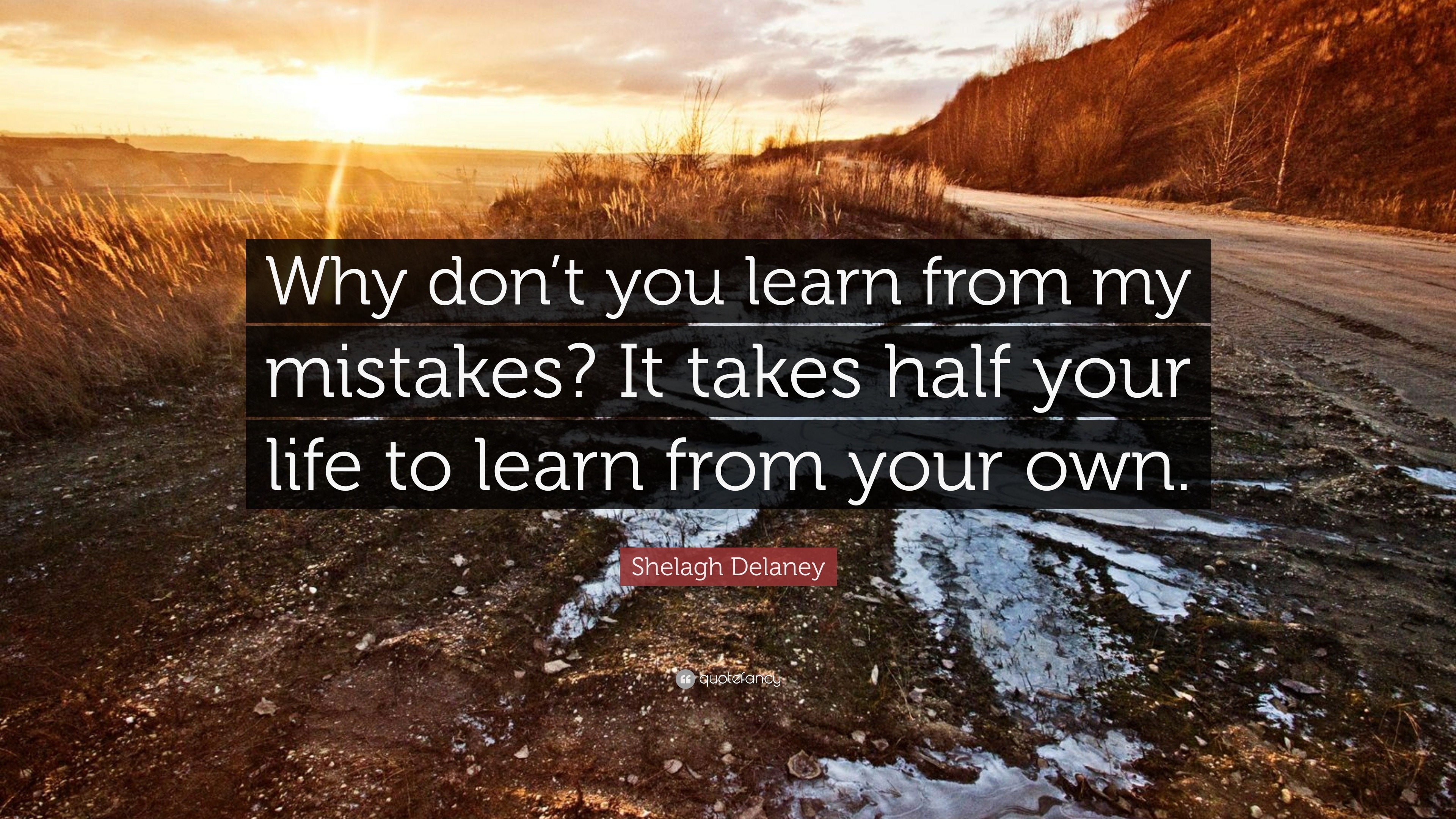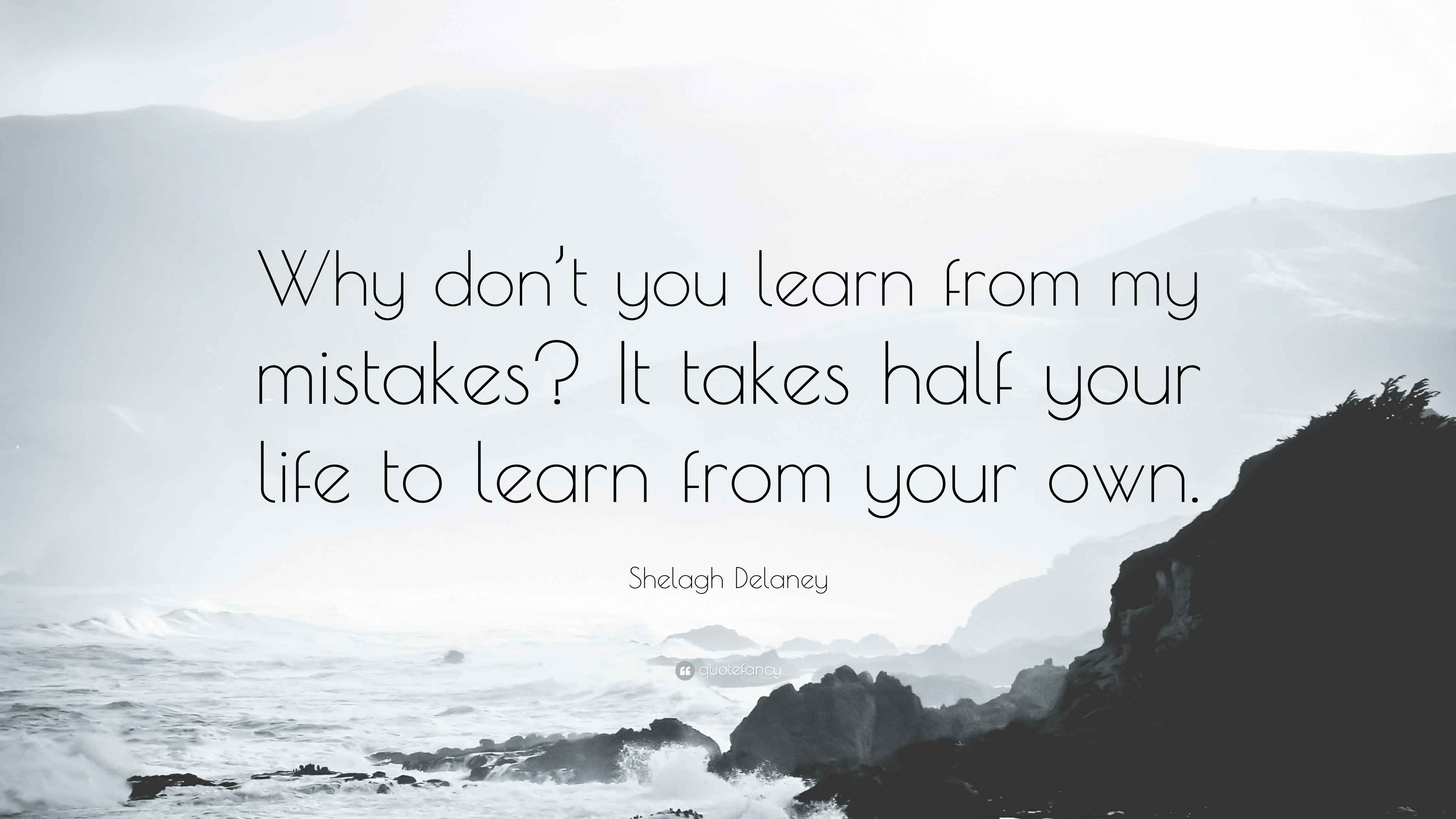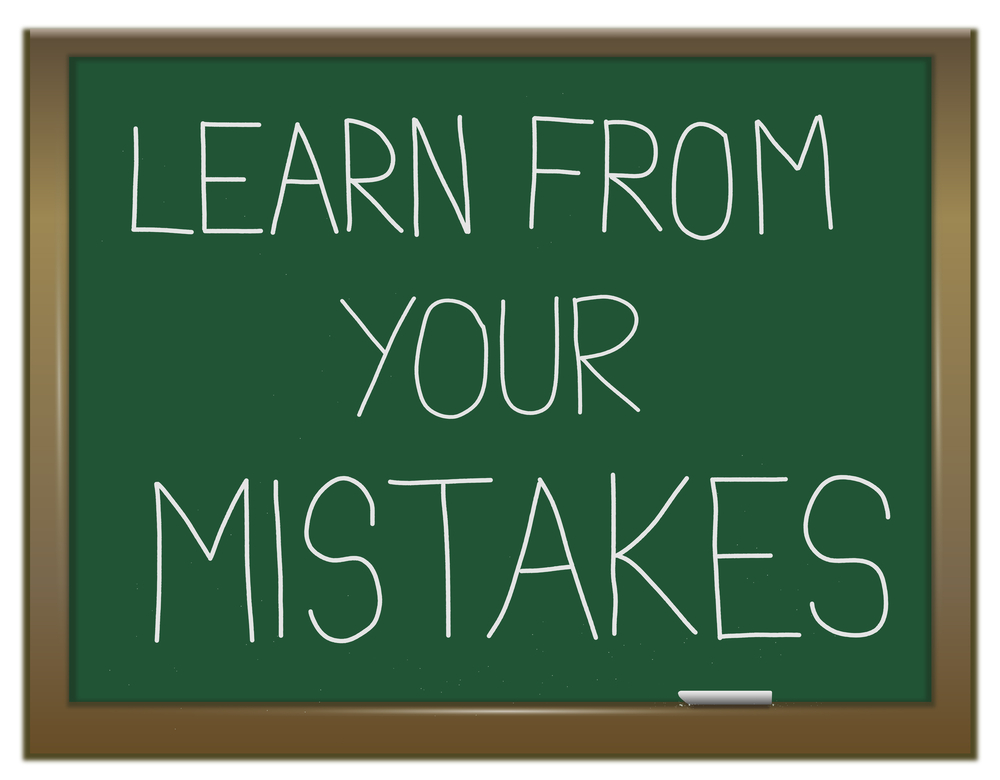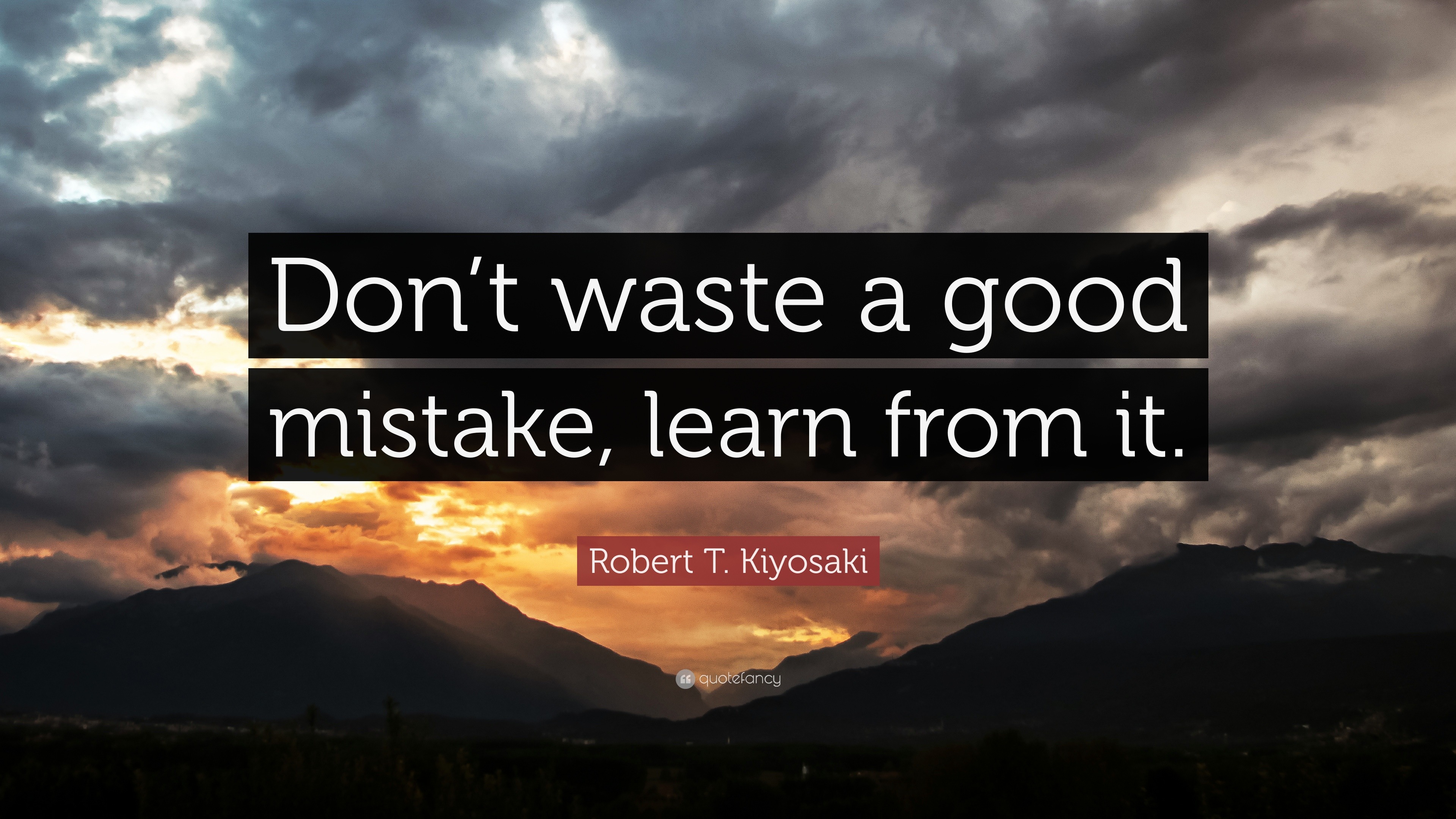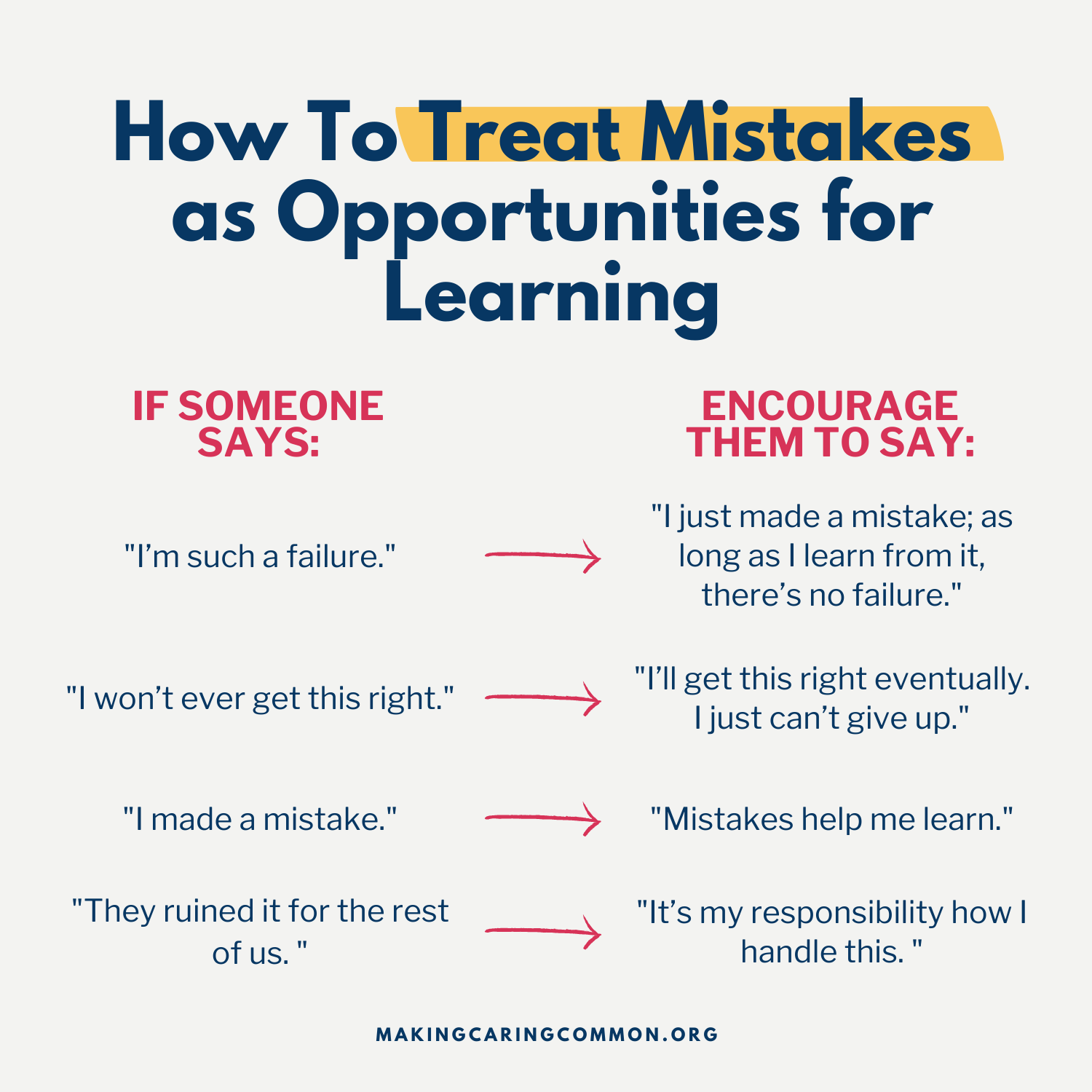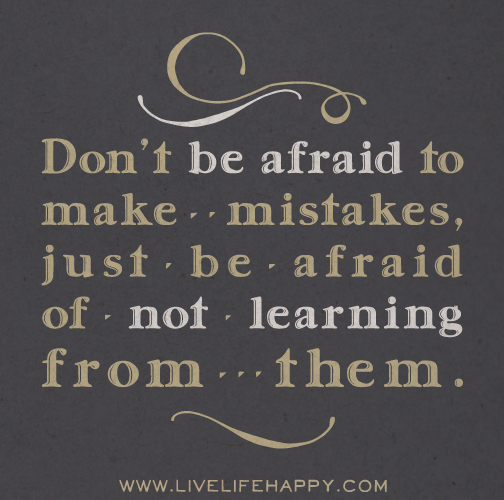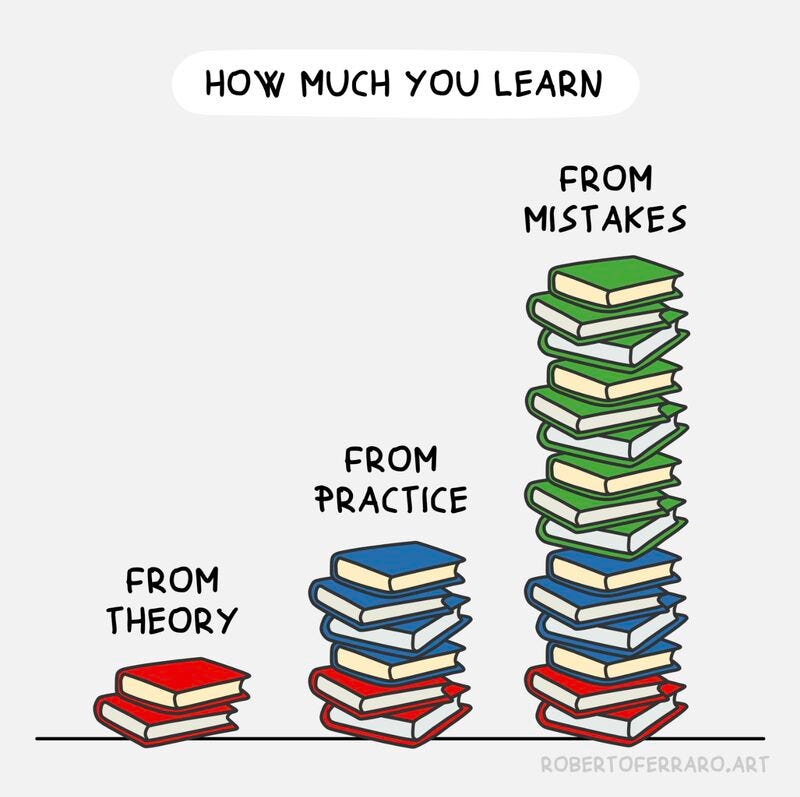Why Do I Not Learn From My Mistakes

Frustration mounts as individuals worldwide grapple with a persistent, self-defeating cycle: repeating mistakes despite conscious efforts to avoid them. Why does this happen, and what can be done to break free?
This article delves into the complex psychological and neurological factors hindering our ability to learn from errors, offering insights and potential strategies for change.
The Psychology of Repetition
At the heart of the issue lies a combination of cognitive biases, emotional factors, and deeply ingrained habits. Confirmation bias, for example, leads us to favor information confirming pre-existing beliefs, potentially blinding us to evidence of our errors.
Furthermore, emotional responses like fear of failure or shame associated with mistakes can trigger avoidance behaviors, preventing objective analysis of what went wrong. Unrealistic optimism and lack of accountability often contribute to this problem.
Neurological Underpinnings
Neuroscience reveals the brain's role in perpetuating these patterns. The basal ganglia, responsible for habit formation, can solidify error-prone behaviors, making them automatic and difficult to override.
Studies published in the journal "Neuron" suggest that when a mistake is made, the brain doesn't always effectively update the predictive models used for future actions. This failure in error correction leads to repeated missteps.
Habit and Cognitive Biases
Habits, while efficient, can also be detrimental when they involve repeating mistakes. These ingrained patterns can override conscious intentions to act differently.
Several cognitive biases contribute to repeating mistakes:
- Optimism Bias: Believing that negative outcomes are less likely to happen to you.
- Availability Heuristic: Overestimating the likelihood of events that are easily recalled.
- Self-Serving Bias: Attributing success to internal factors and failure to external factors.
These biases distort perceptions and hinder the ability to learn from past experiences effectively.
Emotional Interference
Emotions play a significant role in decision-making and learning. Negative emotions such as anxiety or frustration can impair cognitive function and increase the likelihood of repeating errors.
The amygdala, the brain's emotional center, can override the rational decision-making processes of the prefrontal cortex, leading to impulsive or habitual responses.
Strategies for Breaking the Cycle
Fortunately, strategies exist to improve learning from mistakes. One crucial step is cultivating self-awareness.
Mindfulness practices can enhance the ability to observe thoughts and feelings without judgment, facilitating a more objective assessment of past actions. Techniques such as meditation can help increase awareness.
Seek and Accept Feedback
Actively seeking feedback from trusted sources is vital. Constructive criticism provides perspectives that may be missed through self-reflection.
It is important to create a safe environment where feedback is encouraged and valued, rather than feared or dismissed. Consider adopting a growth mindset, which involves viewing mistakes as opportunities for learning and improvement.
The Power of Reflection and Planning
Consciously reflecting on past mistakes is a potent tool for change. This involves critically analyzing the circumstances, decisions, and outcomes that led to the error.
Creating specific, measurable, achievable, relevant, and time-bound (SMART) goals can help to plan and track progress toward avoiding repeating errors. Consider implementing the if-then planning strategy.
Next Steps and Ongoing Research
Researchers are actively investigating novel interventions to enhance error correction, including targeted brain training and cognitive behavioral therapies. Ongoing studies aim to further elucidate the neurobiological mechanisms underlying repetitive mistakes.
Individuals can take proactive steps to enhance their ability to learn from mistakes, fostering personal growth and avoiding repeated pitfalls. Awareness, reflection, and a willingness to learn are essential components of this process.
